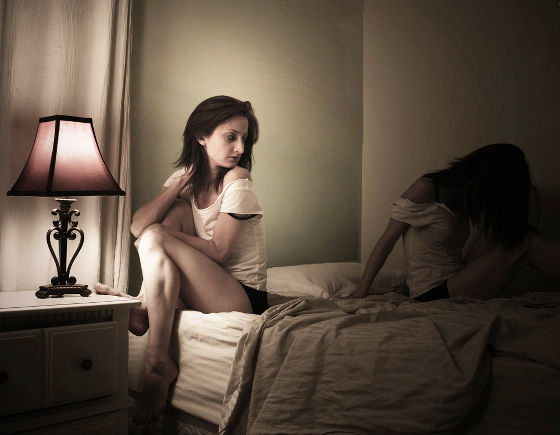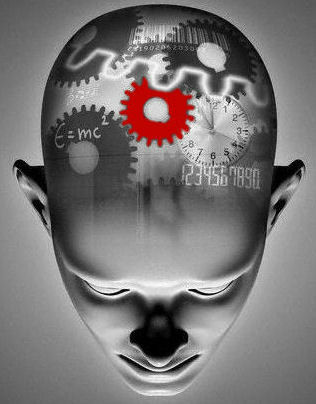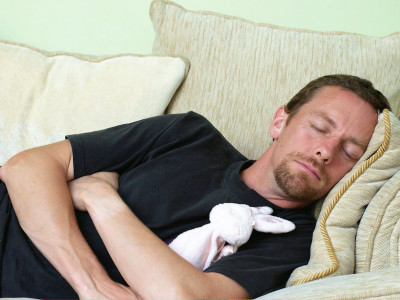It turned out that genes related to diabetes and cancer become active if the average sleeping time is decreased by one hour

ByDiego da Silva
If you keep sleeping for less than 7 hours you will have mental illness etc.Risk of developing various diseases risesTherefore,About 66% of the people are Japanese who have only 7 hours of sleep on weekdaysIt seems that it will be healthier to secure a little more sleeping time. So, if you increase your average sleeping time, will it really affect your health? I had a doubtBBCExamined and investigated "the influence on health when increasing and decreasing daily sleeping time by 1 hour".
BBC News - How much can an extra hour sleep change you?
http://www.bbc.co.uk/news/magazine-24444634
In the experiment conducted by BBC, 8 subjects were divided into 2 groups, one group was given 7 hours 30 minutes of sleep every day, the other group was given 6 hours 30 minutes of sleep each week for 1 week , Then to change the sleeping hours of the two groups and have them spend a week again. BBCSurrey UniversityI asked them to compare the blood of the subjects when exchanging sleeping time with the blood of the subject after the experiment and investigated what kind of change occurred in the body.
Surprise University conducted an examination on the effects on genes, especially as a result of sleep, and as a result, about 500 genes were affected by increasing or decreasing sleep time by 1 hour. First of all, genes related to immune and stress reactions, diabetes and cancer were active in the blood of subjects who spent a week by reducing sleeping time by 1 hour from 7 hours 30 minutes to 6 hours 30 minutes. On the other hand, the phenomenon opposite to the above was confirmed from the blood of the subject who increased sleep time by 1 hour from 6 hours 30 minutes to 7 hours 30 minutes. In other words, there was no significant movement in genes related to immunity, stress response, diabetes, cancer.

ByAnna Leavitt
In addition, BBC is the "Radcliffe Hospital in Oxford"Sleep center"We measure movement of brain waves during sleeping and are also investigating what is happening in the brain during sleep. According to Dr. Wulff, who investigated the sleep center, humans repeatedly "sleeps deeply" during sleeping, but the brain moves memories accumulated in the daytime to other places in the brain during "deep sleep" In order to make it move more busy than usual, the memory that could not be moved if you did not sleep enough seems to be lost.

ByArs Electronica
The brain "sleeps deeply" and "Rapid Eye Movement sleep(REM sleep) "state is repeated. The human body does not move at all during REM sleep, but since only the eyeball is moving, it was named Rapid Eye Movement sleep. REM sleep,NoradrenalinBecause the substance related to stress is the only time to stop working in one day, the brain processes the events of the day, but the spirit seems to be able to relax. Also, 30 minutes from the sleep state to waking up naturally is a REM sleep state and is mentally settled, so if you forcibly wake up with an alarm clock, you may accumulate stress and anxiety It is.

ByDigitalbob 8
From previous experiments, it is known that those who can only sleep for less than 7 hours on average every day can increase health by having only one hour sleep. Also, rather than waking up suddenly with an alarm clock, if you awake naturally you wake up, you will not get stressed and anxious. However, if you fall asleep without setting an alarm clock or an alarm, you may oversleep during your wake-up time, so it may be ideal to wake up in the morning as soon as you sleep at night as soon as possible .
Related Posts:







